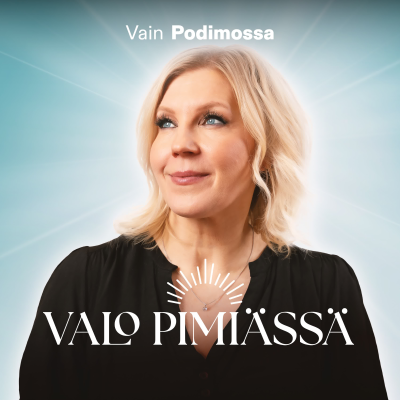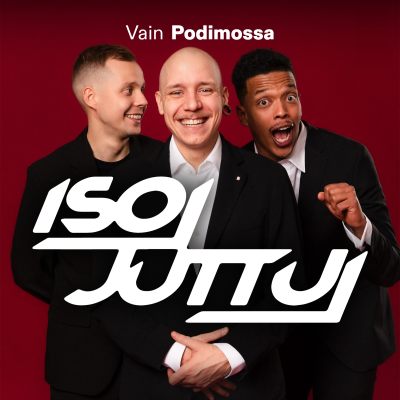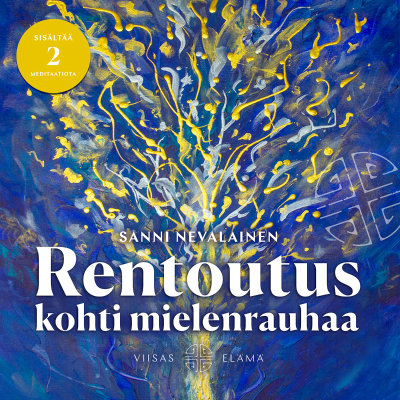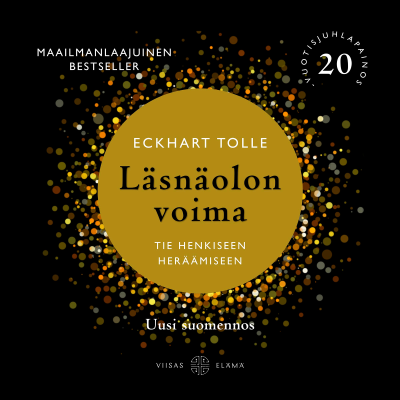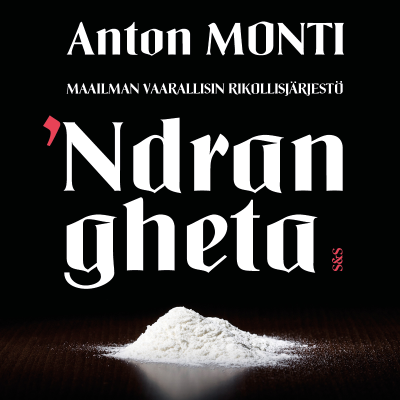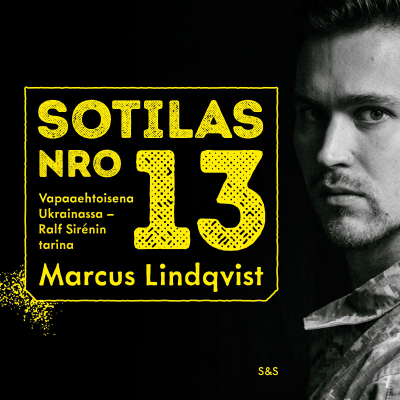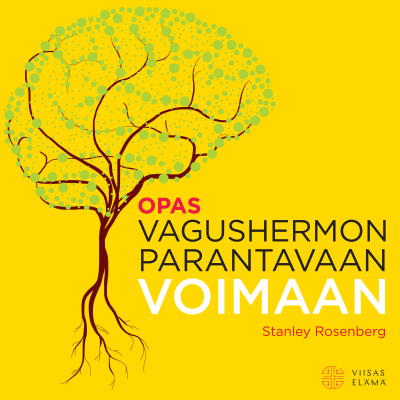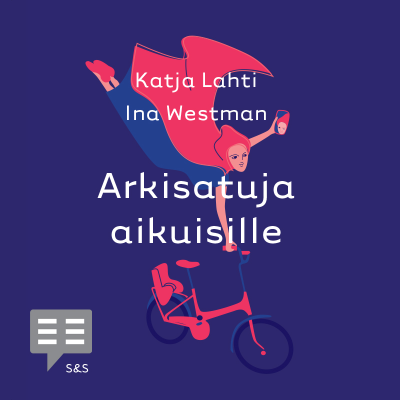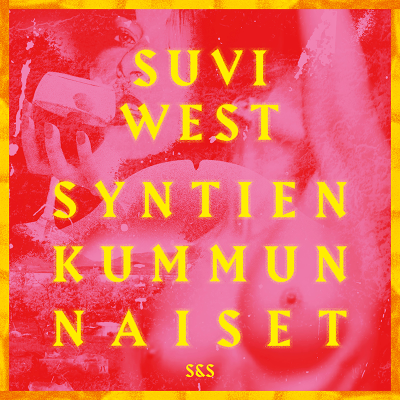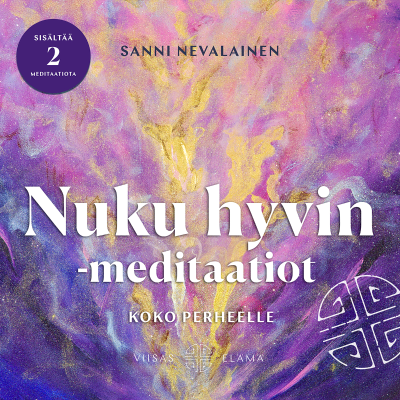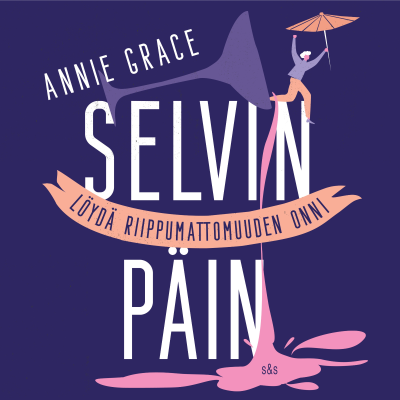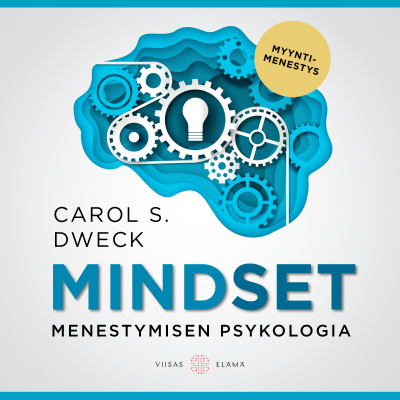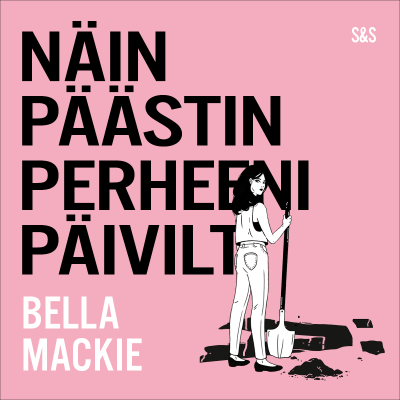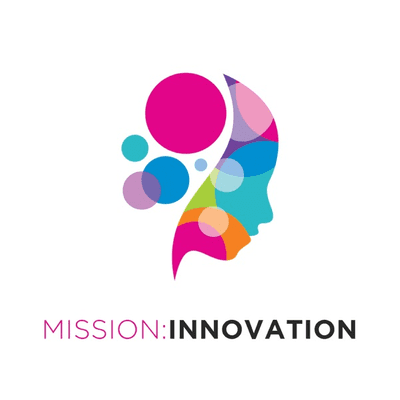
Mission: Innovation
englanti
Teknologia & tieteet
Rajoitettu tarjous
2 kuukautta hintaan 1 €
Sitten 7,99 € / kuukausiPeru milloin tahansa.
- Podimon podcastit
- Lataa offline-käyttöön
Lisää Mission: Innovation
Caitlyn Lewis interviews experts from different schools of thought to explore what innovation really means, and what it really looks like in different organisations, to help you identify what is important for your business. Updated with new episodes every Tuesday.
Kaikki jaksot
29 jaksotS2 E14 DE&I and Innovation with Ziad Ahmed
No introduction is really necessary the final episode of season 2 of Mission: Innovation... I couldn’t be happier to be ending on such a powerful note. I met Ziad Ahmed whilst hosting a panel on Diversity, Equity and Inclusion in Procurement. It’s a subject that’s close to my heart and has become all the more so with the Black Lives Matter Movement this year. But there is no person more passionate about DE&I than Ziad. When we spoke back in September he reminded that considering issues like Diversity, Equity and Inclusion is not just a good thing for businesses to do, it is, quite simply, the right thing to do. So, I knew I wanted to host Ziad on the show and especially, to pick his brain about the invisible strings between DE&I and Innovation.
S2 E13 Cultural Transformation at Roche with Alain Bindels
Earlier in this season, I spoke to Timm Urschinger, CEO of LiveSciences, who introduced me to the idea of self-organisation and how they can empower project teams to deliver impactful innovation. Today, I'm talking to one of LiveScience's clients, Alain Bindels from Roche. As the Head of Innovation Facilitation and Digitalisation at Roche, he is responsible for building innovation and entrepreneurship capabilities within the company. We talk about the cultural transformation that Roche is undergoing, and what some of the biggest principles are that he's turned to deliver on their ambitions to encourage entrepreneurial behaviour. We discuss the challenges they face, and how Alain is overcoming them to help the pharmaceutical giants respond to the need to innovate faster and more successfully. What We Cover * Why turning to entrepreneurialism and innovation requires a strong cultural transformation * How entrepreneurial behaviour is encouraged at Roche * The challenges and solutions to shifting the corporate culture at Roche
S2 E12 Consumer Products and Sustainability with Marika Lindstrom
Constantly innovating products to meet the needs of consumers is a challenge in and of itself. But what happens when you add in the layer of developing products and solutions that are sustainable too? Tackling this challenge is CPG giant Unilever. They've set some ambitious sustainability targets, like halving their environmental footprint by 2030. Today, I sit down with Marika Lindstrom, VP of Packaging at Unilever. We talk about how the company is finding ways to balance innovating for consumers whilst meeting their sustainability goals, and what advice she'd give to leaders who have similar ambitions to improve their impact on the environment. Key Learnings and Takeaways: * Sustainability alone cannot drive innovation; it needs to be conducted in a way that exceeds clients' needs and expectations. * Innovation needs a critical mass to succeed, so innovating with sustainability in mind requires a smart approach. * External pressure, like a country's legislation or the public's opinion can be an ally for innovation. * Unilever's Partnership with Purpose program offers a solution that makes both them and their suppliers grow. Resources: * Unilever [http://www.unilever.com] * Connect with Marika at Linkedin [https://www.linkedin.com/in/marika-lindstrom/?originalSubdomain=sg] * Our sponsor LiveSciences [https://livesciences.com/]
S2 E11 Entrepreneurial Ecosystems with Rachel Davis
Nobody innovates in a vacuum. Behind the scenes, you’ll find companies collaborating with Universities, startups, NGOs, regulatory bodies and even competitors. But, we seldom pay attention to how these networks are facilitated. Often, these are engineered through a collaboration between local enterprise and local government. Today, we're talking to Rachel Davis, director of Warwick Enterprise at the University of Warwick. In this role, she works with multiple organisations across Coventry to give entrepreneurs support and access to a network that might help them grow their ideas into compelling business models. We talk about what entrepreneurial networks do and why they’re important and what some of the challenges are to running a successful one.
S2 E10 The Transport Tech Ecosystem with Skhona Khumalo
Amazon, Spotify, the Apple App Store and, of course, Uber are all great examples of platform ecosystems. They’ve transformed the way some pretty traditional industries operate and that’s definitely something that can be said for our guest today, Skhona Khumalo. With his app, Kwela, he's creating more visibility and accessibility to South Africa’s informal public transport system that is used by the majority of commuters in the country. It might sound like just another Citymapper but the challenges are far greater where this mode of public transport has been operating as a closed system, raising problems around safety, security, general efficiency and usability. Kwela is taking these challenges on in a way that has required building a robust ecosystem. We talk to Skhona about where they started, how they’re overcoming their biggest hurdles and what the future of Kwela looks like.
Valitse tilauksesi
Rajoitettu tarjous
Premium
Podimon podcastit
Lataa offline-käyttöön
Peru milloin tahansa
2 kuukautta hintaan 1 €
Sitten 7,99 € / kuukausi
Premium
20 tuntia äänikirjoja
Podimon podcastit
Lataa offline-käyttöön
Peru milloin tahansa
30 vrk ilmainen kokeilu
Sitten 9,99 € / kuukausi
Premium
100 tuntia äänikirjoja
Podimon podcastit
Lataa offline-käyttöön
Peru milloin tahansa
30 vrk ilmainen kokeilu
Sitten 19,99 € / kuukausi
2 kuukautta hintaan 1 €. Sitten 7,99 € / kuukausi. Peru milloin tahansa.


